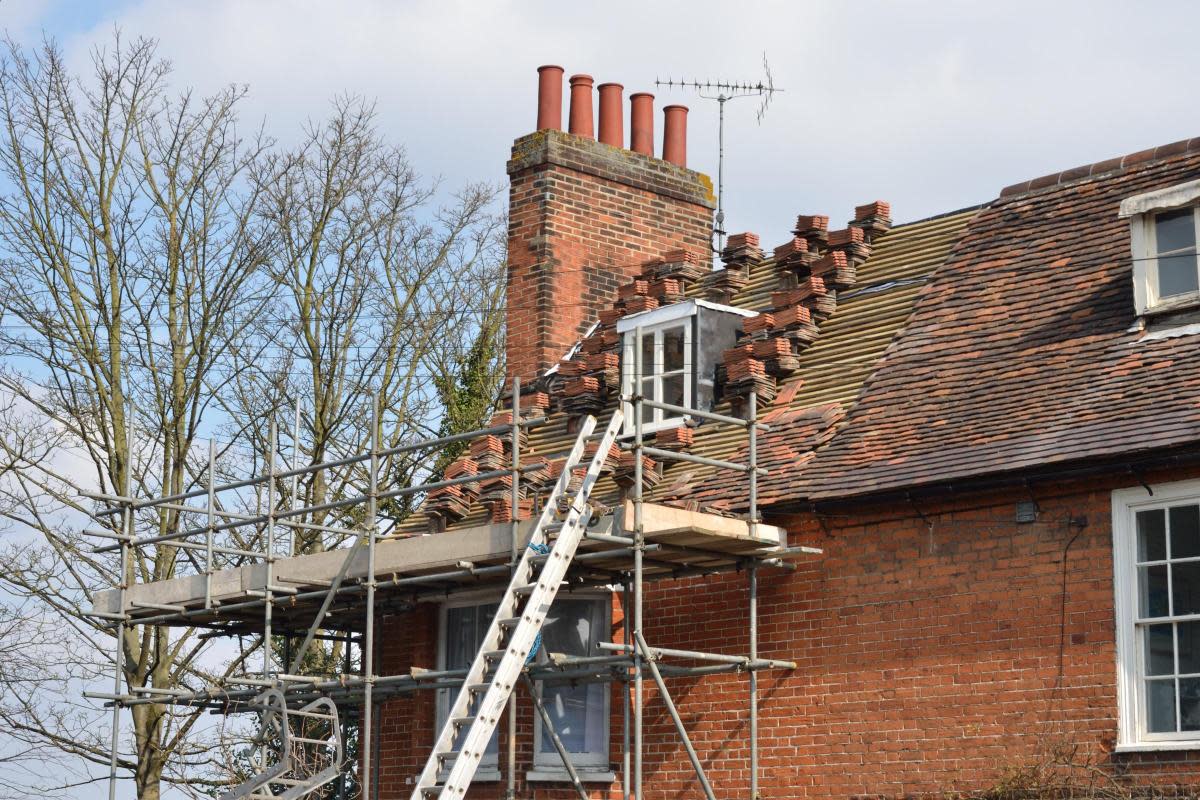Can a neighbour refuse access for maintenance or repairs? What are your rights

Neighbours, boundaries and access to property can be tricky subjects when it comes to what can and can't be done.
Whether it's knowing how close to your neighbour's boundary you can build, whether your neighbour is able to stop you putting up a fence or working out who owns the boundary wall there are lots of things to consider.
You might be looking to carry out some maintenance or repairs on your property and are wondering if you are able to gain access onto your neighbours land to allow you to carry out these works.
Before you do anything, hear what the experts have to say about gaining entry onto your neighbours property and whether they have the right to refuse you access.
What side of the fence am I responsible for in the UK?
Can a neighbour refuse access for maintenance or repairs?
In short - yes, a neighbour can refuse you access on to their land/property for maintenance work or repairs.
In most cases neighbours will be accommodating and allow you access for the works that need to be carried, but if they don't here is what to do.
If your neighbour refuses access your first course of action is to check the deeds to your house.
This will show if you already have a right of way allowing you access to your neighbours property, according to BLB Solicitors property disputes specialist Mike Hansom.
You may be able to acquire an access order from the courts allowing you entry onto your neighbour's property. (Image: Getty Images)
If not, you may have acquired a right of way over time. You will have achieved this if you are able to demonstrate that you have accessed the area without force, secrecy or permission continuously and without any interruption for at least 20 years.
Failing that you can ask the court to grant you an access order to carry out ‘Basic Preservation Works‘ under the Access to Neighbouring Land Act 1992, Mr Hansom said.
To obtain this order, you must be able to prove the work being carried out meets one of the following criteria:
Maintenance, renovation or repair of a property (or parts of it) to preserve it
Clearing or repair of any sewers, drains, cables or pipes
Removal or filling in of a ditch
Felling of a tree, plant or hedge (or parts of it) which has died, become diseased or has become insecurely rooted and unstable, which is likely to pose a danger.
When do you need planning permission?
The BLB Solicitors property disputes specialist adds: "The work must relate to preserving an existing structure instead of building a new house, an extension or a conservatory.
"The court can refuse to grant access if it could cause your neighbour severe hardship or financial loss.
"Alternatively, the court may order you to pay compensation as a condition of allowing access."
The order will specify what work you can undertake and by when.
Access orders can also be applied for by the likes of contractors, not just property owners.
RECOMMENDED READING:
Does my neighbour have to pay for half of the fence? The legalities to consider
Can I remove things my neighbour has attached to my fence? How to resolve the issue
Can my neighbour take my fence down? The rules and regulations you need to know
However, Mr Hansom said these kind of orders are a "rarity" and surrounded by "uncertainty".
He continued: "Although a recent High Court judgment has provided some welcome guidance, this remains a complex area of the law, so always seek early legal advice."
Your rights outlined above also apply for erecting scaffolding on your neighbour's land to carry out any works.

 Yahoo News
Yahoo News 
